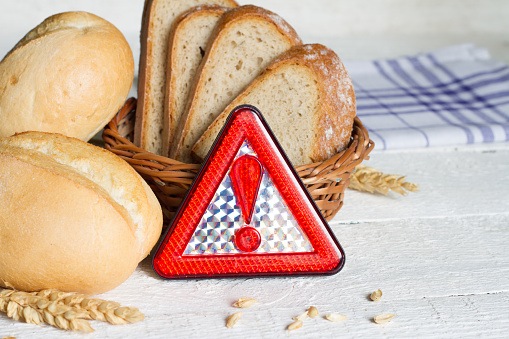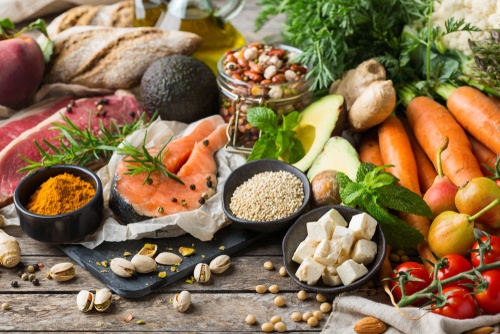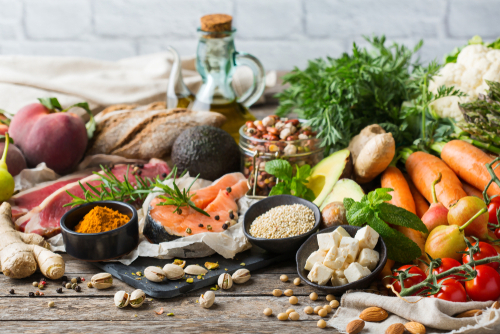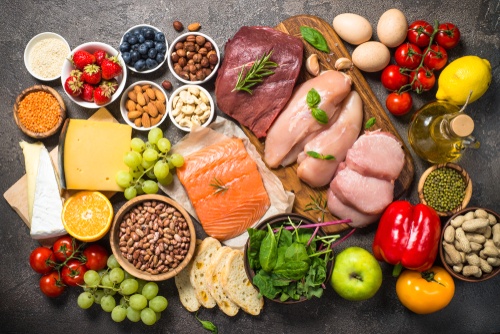
National Celiac Disease Awareness Day is celebrated each year on September 13 in the U.S. The commemoration is meant to raise awareness and funds toward research and care for patients with this disease.
Celiac disease is a common condition impacting one in 100 people worldwide. It is a genetic autoimmune disease triggered by the protein gluten. In people with this condition, the ingestion of gluten triggers an immune response against the small intestine. If left unmanaged, these immune attacks can lead to long-term organ damage and can impact nutrient absorption and digestion.
Why Do We Celebrate on September 13?
A Senate resolution passed in 2010 dubbed September 13 as “National Celiac Disease Awareness Day.” This date was chosen to commemorate the birthday of the doctor who was the first to identify a link between this condition and diet. Dr. Samual Gee, born in the United Kingdom on September 13, 1839, wrote a paper documenting cases of patients displaying otherwise inexplicable gastrointestinal distress and the connection between diet and improved outcomes for these patients.
Risks Associated with Undiagnosed Celiac Disease
It is estimated that 2.5 million Americans have undiagnosed Celiac disease and are at risk for long-term health complications. If left undiagnosed or untreated, this disease can lead conditions such as to:
- iron deficiency anemia
- early onset osteoporosis/osteopenia
- fertility complications
- lactose intolerance
- vitamin/mineral deficiencies
- nervous system disorders
- pancreatic insufficiency
- intestinal lymphomas or other cancers
- gall bladder malfunction
- neurological syndromes (e.g., ataxia, epilepsy, dementia, neuropathy, myopathy, etc.)
- secondary autoimmune disorders
What Foods are Gluten-Free?
Foods that are naturally gluten-free include fruits, vegetables, meats, dairy, seafood, beans/legumes, and nuts. Gluten-free options of foods that typically contain gluten have become popular and may be available in the grocery store.
Learn More and Get Involved
Visit the following organizations and resources to learn more, donate, or get involved in your community:
The Celiac Disease Foundation
Since its founding in 1990, the Celiac Disease Foundation has funded and executed international initiatives in three principal areas to bring an end to the suffering caused by celiac disease: medical research, patient and healthcare provider education, and public policy advocacy.
The National Celiac Association
The National Celiac Association is a 501(c)3 non-profit organization dedicated to educating and advocating for individuals with celiac disease and non-celiac gluten sensitivities, their families, and communities throughout the country.
Beyond Celiac
For more than 15 years, Beyond Celiac has been the leading patient advocacy and research-driven celiac disease organization working to drive diagnosis, advance research and accelerate the discovery of new treatments and a cure. By engaging with the top scientists in the field, awarding research grants, and supporting the community, Beyond Celiac envisions a world in which people with celiac disease can live healthy lives and eat without fear – a world Beyond Celiac.
Celiac.com
Celiac disease and gluten-free lifestyle news and support since 1995. The first Web site dedicated to helping celiacs.
National Celiac Disease Awareness Day – September 13 https://t.co/I5zdi0uf0H pic.twitter.com/20YPchjWPP
— Steve Elmore (@StevenElmore) September 13, 2021
Today is National #CeliacDiseaseAwarenessDay. It’s celebrated today because it’s the birthday of Dr. Samuel Gee, the first person to discover the connection between Celiac Disease and diet.
Call us if you’re looking for treatment options. pic.twitter.com/BDaispVVBT
— Gastrointestinal Specialists, PC (@GISpecialistsPC) September 13, 2021
Learn how you can contribute to celiac disease research by joining the Solutions for Celiac study to assess whether a drink-based study medication can reduce symptoms of accidental gluten exposure. Read more about the study here: https://t.co/zLiNEYOrcK pic.twitter.com/V6b4bX2ilo
— Mayo Clinic (@MayoClinic) September 11, 2021






 © 2025 Mashup Media, LLC, a Formedics Property. All Rights Reserved.
© 2025 Mashup Media, LLC, a Formedics Property. All Rights Reserved.